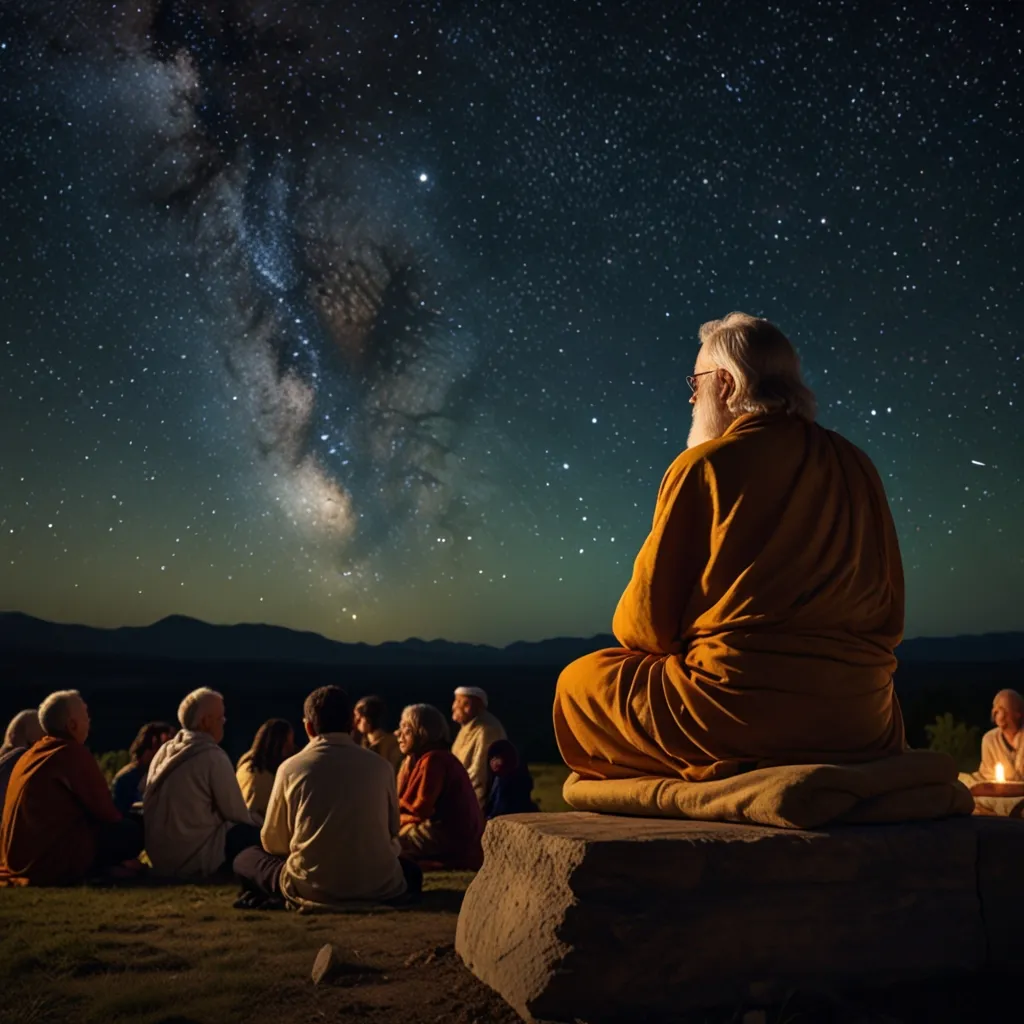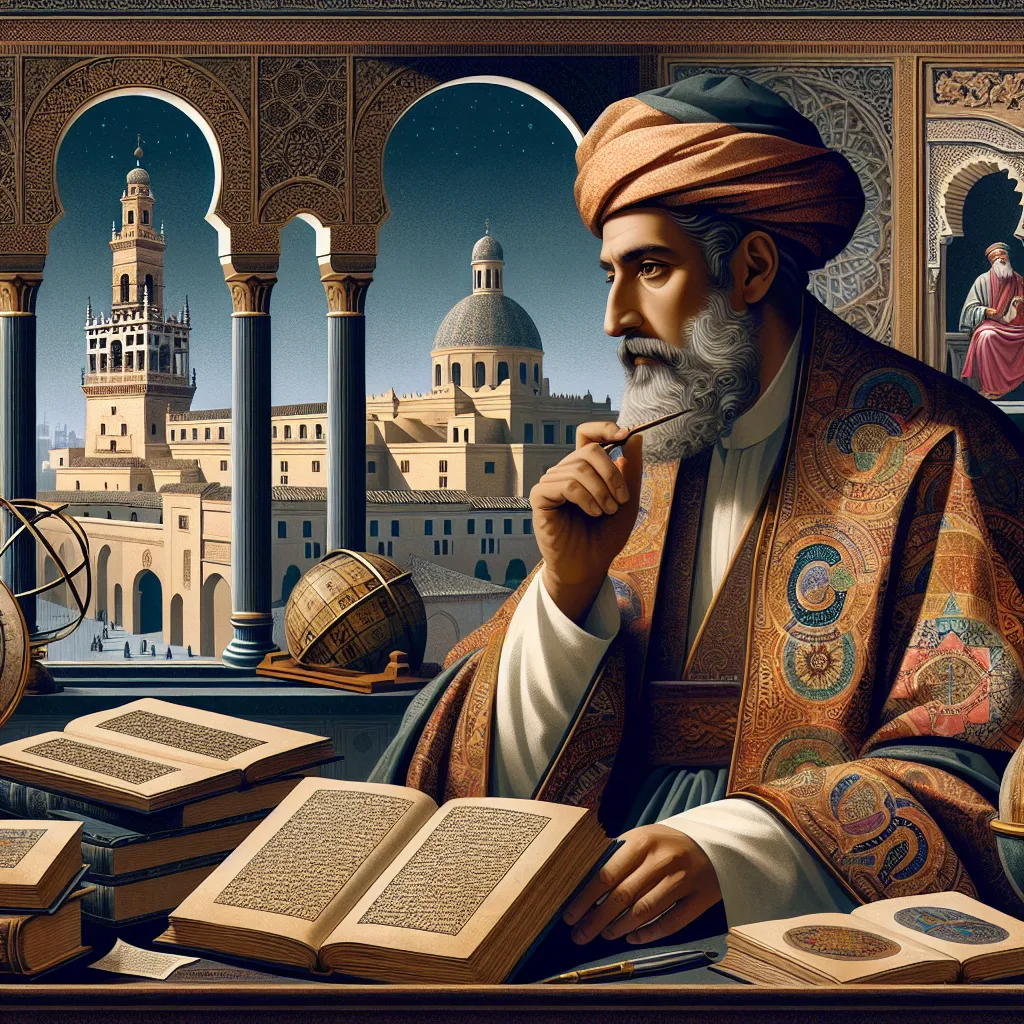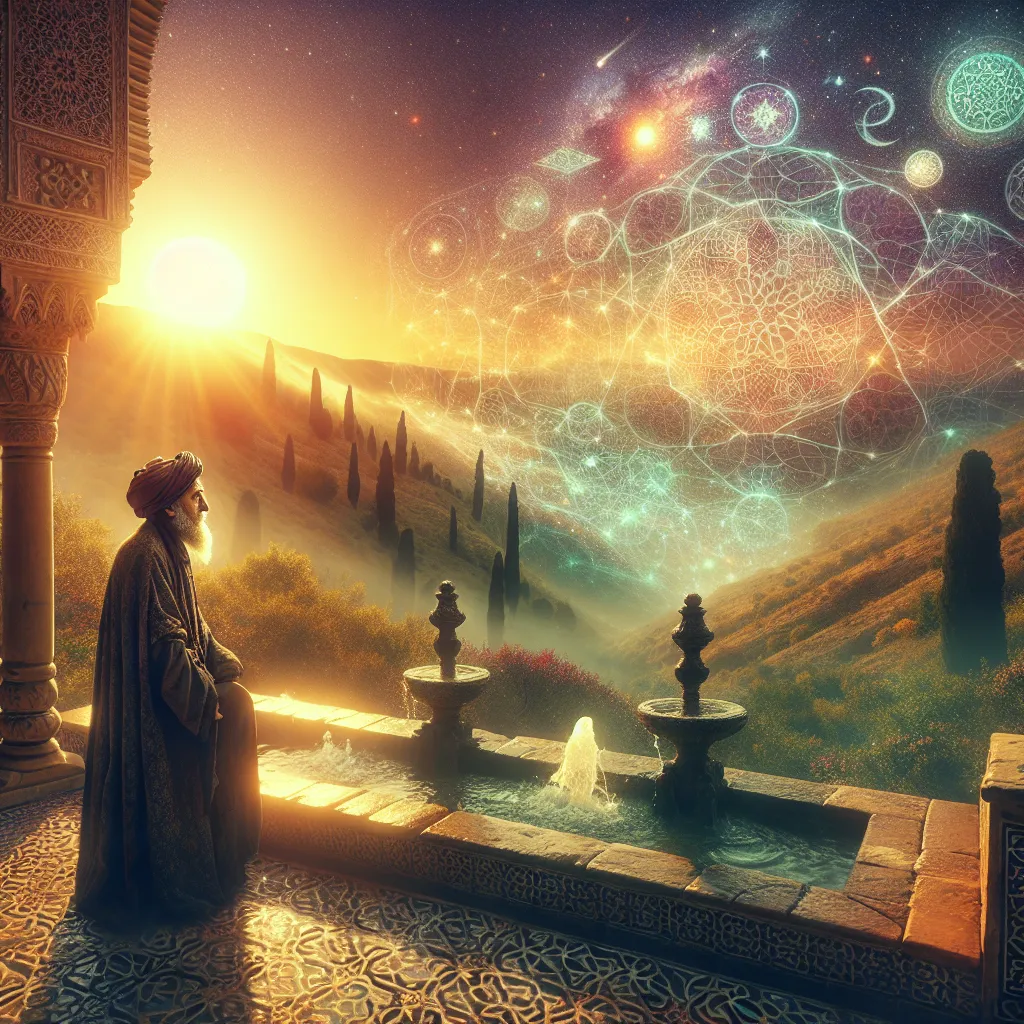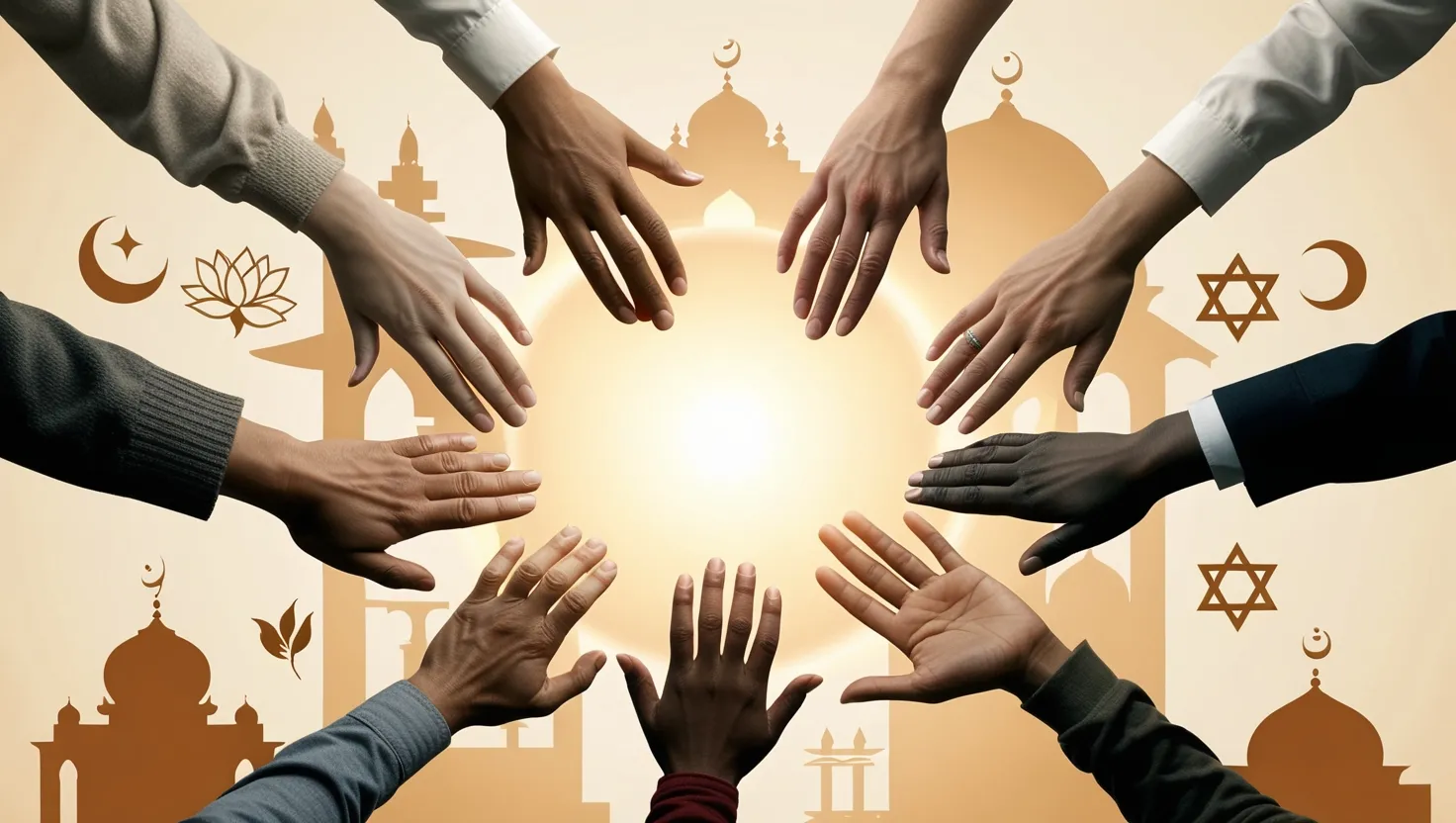The Upanishads are a gem in Hinduism, celebrated as ancient texts that dive deep into the mysteries of life, the cosmos, and the ultimate reality. Stemming from the Vedas, the oldest scriptures in Hinduism, the very name “Upanishad” beautifully translates to “sitting near the teacher.” This captures the age-old tradition where eager students would sit close to their gurus to soak in these profound teachings.
These texts go beyond religious doctrines and act as spiritual and philosophical handbooks. They delve into the nature of existence, the essence of consciousness, and Brahman, the ultimate reality. The Upanishads also tackle the concept of Atman, the individual soul, exploring the mind-boggling connection between Atman and Brahman. Essentially, they investigate how our individual selves can recognize their bond with the universal reality.
Full of practical wisdom, the Upanishads aren’t just about lofty ideas; they offer guides for living meaningful lives. Meditation, self-reflection, and the pursuit of wisdom are encouraged for those seeking profound understanding. Stories, dialogues, and metaphors make these deep concepts much more accessible and relatable.
A major theme in the Upanishads is breaking free from the endless cycle of birth and death. This liberation comes from realizing the true essence of oneself and the universe. They emphasize the importance of living a good life, following ethical principles, and nurturing qualities like compassion and wisdom.
The Upanishads have left a lasting mark on Hindu thought and culture, influencing various schools of Hindu philosophy. Revered and studied for centuries, these texts have also caught the eye of scholars and philosophers globally, who find them a rich mine of spiritual and philosophical insights.
Beyond religious and philosophical realms, the Upanishads have had a hand in shaping Indian culture and society. Their influence can be seen in literature, art, and even politics. The lessons and ideas explored in these texts continue to inspire people, offering timeless insights into the human condition and existence itself.
Over the years, the Upanishads haven’t remained static. New Upanishads have sprung up in different eras, reflecting society’s changing needs and perspectives. These newer texts often tackle contemporary issues, providing a fresh take on ancient wisdom.
Even in today’s fast-changing world, the Upanishads remain as relevant as ever. They offer timeless guidance to help people navigate life’s complexities. Their focus on self-awareness, ethical living, and the pursuit of knowledge keeps resonating across generations and lifestyles.
In essence, the Upanishads are a treasure trove of spiritual and philosophical wisdom in Hinduism. They provide profound insights into the nature of existence, self, and ultimate reality. Their timeless teachings continue to inspire and guide individuals on the path to liberation and self-realization.






